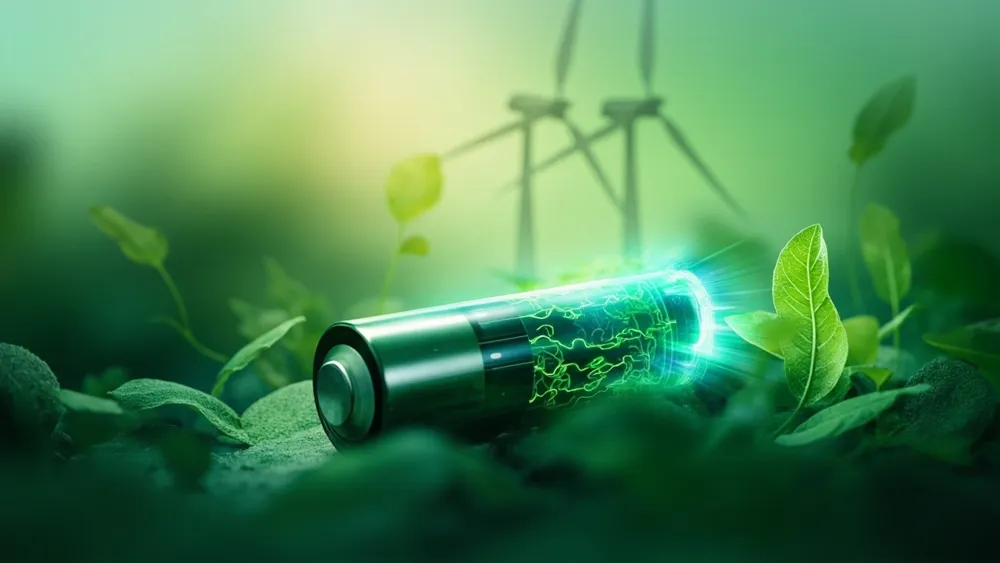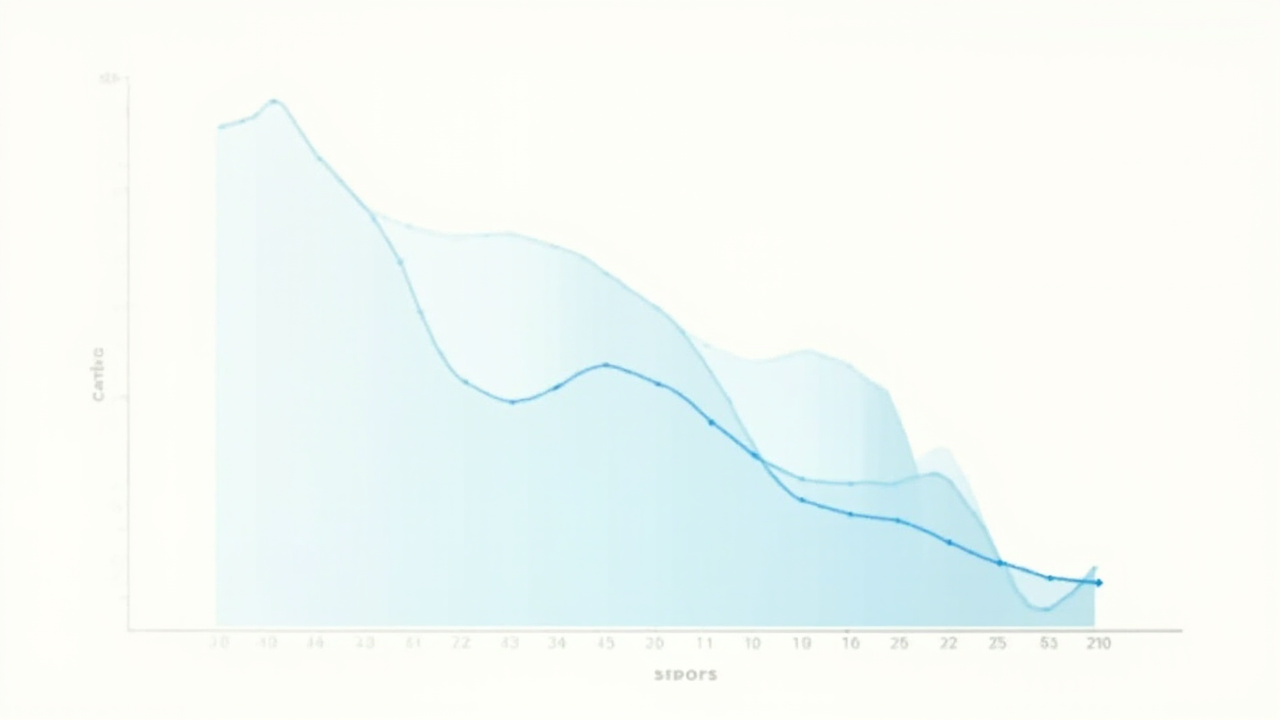China's First Large-Scale Lithium-Sodium Hybrid Energy Storage Station Launches, 98% Green Energy

China has marked a significant milestone in its energy landscape with the inauguration of the country's first large-scale lithium-sodium hybrid energy storage station in Yunnan Province. This innovative facility aims to leverage the distinct advantages of both lithium and sodium batteries, thus expanding the applications for sodium-ion battery storage within the nation. As China continues to develop its new energy storage industry, the Baochi Energy Storage Station presents an essential step toward a more resilient energy framework.
According to reports by Science and Technology Daily, the Baochi Energy Storage Station boasts a longer cycle life compared to conventional lithium-ion storage systems. This facility operates efficiently across a wide temperature range, from -20 to 45 degrees Celsius, which enhances its applicability across different climatic conditions. The importance of such a feature cannot be understated, particularly in a country as vast and diverse in weather patterns as China.
In addition to its operational advantages, the Baochi Energy Storage Station benefits from the economic implications of using sodium as a key material. With sodium resources being considerably abundant, the material costs for large-scale energy storage solutions are expected to be lower than those associated with lithium, effectively driving down overall project costs and potentially making energy storage more accessible.
The energy storage facility encompasses approximately 50 mu, or 3.3 hectares, providing an impressive installed capacity of 400 megawatt-hours. Functioning at two charge-discharge cycles per day, the station can store and release an astounding 580 million kilowatt-hours of electricity each year, which can meet the electrical demands of nearly 270,000 households. Notably, around 98 percent of this energy will be derived from renewable sources, underscoring China's ongoing commitment to green energy.
Notably, the station utilizes China’s first large-capacity sodium-ion battery, distinguished by a response speed that is six times faster than that of existing models. This remarkable integration of high-performance sodium batteries with established lithium technology substantially boosts the energy regulation capabilities of the station. These advancements are crucial for maintaining stability in energy supply, particularly in the context of increasing reliance on renewable energy.
The Baochi Energy Storage Station is not just a standalone project but serves as a crucial interface for over 30 wind and solar power plants in Yunnan. Wu Bin, the deputy manager of the project, emphasized that the lithium-sodium hybrid technology enables a smoother integration of large-scale renewable energies into the existing power grid, paving the way for future engagement in the electricity market. This capability is vital for accommodating the fluctuating nature of renewable energy generation.
Yunnan Province exemplifies a region with a high proportion of renewable energy in its power supply, boasting an installed renewable capacity exceeding 60 million kilowatts. With a penetration rate approaching 70 percent, the considerable share of renewables in Yunnan's energy mix heightens grid volatility, thereby intensifying the demand for effective energy storage solutions.
At present, China's rapid advancements in new energy storage technologies have positioned lithium-ion batteries as the most mature and cost-effective solution, dominating the market with a 97 percent share. However, the surge in demand for lithium has sparked concerns regarding resource sustainability, given that 70 percent of the materials used for lithium batteries in China are sourced from abroad, leading to a heavy reliance on foreign imports.
In contrast, sodium battery raw materials are abundant and can be derived from accessible sources such as salt mines, seawater, and salt lakes. Industry experts contend that the sodium resources found in China's Chaka Salt Lake are estimated to be 500 times larger than the global lithium reserves—an assertion that points to a significant resource diversification opportunity for China.
Experts further highlight that sodium not only offers bountiful availability but also exhibits beneficial operational properties, including stable performance in a temperature range of up to 45 degrees Celsius. This stability adds to the attractiveness of sodium-based energy storage solutions, particularly as the world pivots toward cleaner and more sustainable energy practices.
Read These Next

“Mission Impossible 8: Final Liquidation” grosses $190M globally.
"Mission Impossible 8" has grossed $190M globally, showing strong marketing power and cultural impact in today's film market.

Bawei Storage: Analyzing Planned Share Reduction and Financial Trends
Analysis of Bawei Storage's recent plans for share reduction amidst financial pressures, highlighting key financials, management perspectives, and potential risks.

Magnitude 6.0 Earthquake Hits Tonga Islands, Reports German Geoscience Research Center (GFZ)
A 6.0 magnitude earthquake struck the Tonga Islands on the 25th, at 12 km depth, urging research on disaster management and ecology.
